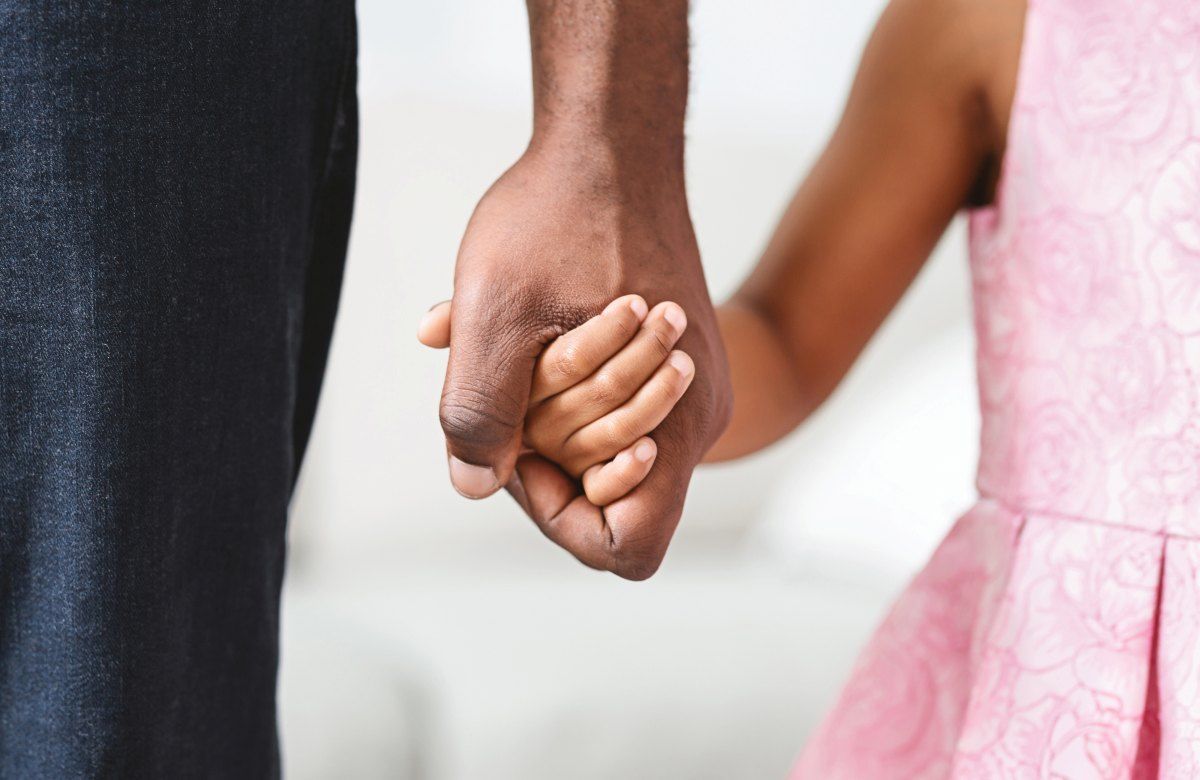What is the Worst Age for Divorce for Children?

When you’re navigating a divorce, one of the hardest parts—without question—is worrying about how it’ll affect your children. There’s no perfect age for something like this to happen, but naturally, parents often ask the same thing: is there a “worst” age for divorce?
You’re not alone in wondering. The truth is, age can make a difference—but it’s not the only thing that matters. How the divorce is handled, how safe and supported children feel, and how communication is managed can all shape the outcome.
Let’s unpack what we know—and don’t know—about how age plays into the impact of divorce on children.
Does Age Really Matter in Divorce?
In short, yes—but it’s not the whole picture.
Children process life events very differently depending on how old they are. A toddler doesn’t have the same grasp of permanence that a teenager does. Likewise, a 9-year-old might struggle with feelings of blame or abandonment, while a 15-year-old might retreat entirely and avoid talking about their emotions altogether.
But emotional maturity doesn’t always follow neat age brackets. Some children develop coping mechanisms early. Others need more support for longer. Divorce isn’t a one-size-fits-all trauma—it’s a complex, emotional shift that affects each child uniquely.
That said, there are patterns. And understanding them helps you prepare.
Age-by-Age Impact of Divorce on Children
Let’s start with the very young. Babies and toddlers might not remember much, but that doesn’t mean they’re unaffected. They pick up on stress, tension, and disruptions to routines. It’s common for toddlers to regress slightly—clinginess, disrupted sleep, or even speech delays can crop up.
Primary school children often have the hardest time understanding why a divorce is happening. They may blame themselves or one parent, struggle with anxiety, or act out at school. The concept of permanence starts to settle in around this age, so the realisation that life is changing for good can be particularly hard-hitting.
Now here’s where things get interesting—pre-teens and young teens, roughly between 10–14, often emerge as the most emotionally vulnerable age group. They’re old enough to grasp the details but not yet equipped with the tools to handle them. You might notice withdrawal, academic decline, or even anger that seems out of nowhere.
Older teens (15–18) are usually more independent, and while they might act indifferent, it doesn’t mean they’re unaffected. They might take on a caretaker role for younger siblings or bury their emotions to avoid adding pressure. It’s easy to assume they’re “fine” just because they’re older, but don’t make that mistake.
In many ways, children of any age can be impacted—it just shows up differently.
You can learn more about the wider implications by reading the effect of divorce on children, which explores the broader patterns we see in family law cases.
What Is the Worst Age for Divorce?
If we had to pinpoint it? Most studies and psychologists tend to agree: the tween years—between 10 and 14—can be particularly turbulent.
Why? At that age, children are entering puberty, struggling with identity, and trying to find their place socially. They’re too old to be shielded from what’s going on, but not quite emotionally equipped to process it in a healthy way.
It’s also an age where self-esteem is often shaky. When divorce hits at this stage, it can feed into feelings of insecurity and instability. If communication is poor or conflict is high, it’s easy for children in this age group to feel like their entire world has collapsed—because to them, it has.
That said, it’s not a guaranteed disaster. Many children cope just fine when given the right support. And there’s no shame in needing help to provide it.
How to Help Children Cope at Any Age

Whether your child is three or thirteen, they need consistency, reassurance, and space to talk. But more than that, they need you to be honest—with boundaries. It’s not about oversharing the gritty details, but about keeping them informed in age-appropriate ways so they’re not left to fill in the blanks with worst-case scenarios.
Watch their behaviour. Children don’t always verbalise what they feel. Look for subtle signs—clinginess, mood changes, sleep problems, falling behind at school. And don’t hesitate to get outside help. Therapy isn’t just for adults. Child therapists, school counsellors, or even supportive family friends can make a difference.
If things feel messy (and they often do), don’t forget that how you separate is just as important as when. Avoid using children as messengers. Keep arguments out of earshot. And make decisions based on what’s best for them—not what feels fair to you.
If you’re unsure what this looks like legally, we provide legal support through family transitions to help make this process less chaotic.
Common Myths About Divorce and Children
There’s a lot of noise out there. Let’s clear up a few common misconceptions.
Myth 1: “Staying together for the children is always better.” Not necessarily. Children living in high-conflict households often carry more long-term emotional scars than those who experience a well-managed separation.
Myth 2: “Children are resilient—they’ll bounce back.” Maybe. But resilience isn’t the same as unaffected. Children might seem fine on the surface and still be struggling underneath.
Myth 3: “Teenagers don’t care as much.” False. Older children might suppress their emotions to protect you—or themselves. Don’t assume silence equals coping.
Myth 4: “If they’re young, they won’t remember.” Young children might not recall specific events, but they remember how things felt. That emotional blueprint can stay with them.
Final Thoughts
There isn’t a one-size-fits-all answer to the question of the worst age for divorce for children. While the pre-teen years tend to be the trickiest, no age group gets a free pass from emotional impact. What matters more is how you support your child through it.
If you're feeling overwhelmed, you're not alone—and you don’t have to do this without help. At Skylark Hill, we’re here to make the process more manageable, both legally and emotionally. Our goal is to protect your rights and prioritise your child’s wellbeing every step of the way.
Reach out today - we’re here to support you.












